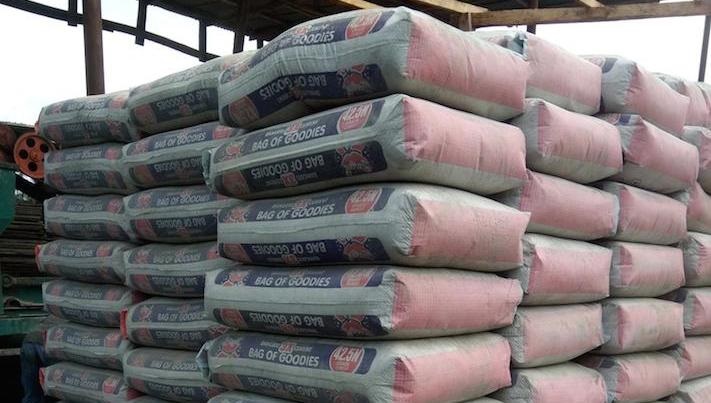In Nigeria, the retail price of cement has risen to N7,000 per bag, a huge increase from N5,000 just two months ago.
Investigations conducted across various regions of the country reveal that prices have skyrocketed, with increases of more than N1,000 per bag in some areas.
The Cement Manufacturers Association of Nigeria (CMAN), attributes this sharp rise in prices to multiple factors, including infrastructure challenges and operational costs. Inadequate transportation networks and an unreliable power supply have compounded the production expenses for cement manufacturers, necessitating an adjustment in retail prices.
Major players in the Nigerian cement industry, including Dangote Cement Plc, Lafarge Africa Plc, and BUA Group, control the market, but even with their dominance, prices have continued to escalate. Dangote Cement alone commands a substantial 60.6% market share, yet the industry-wide challenges have led to a collective increase in prices.
The ripple effects of the cement price hike are already being felt across various sectors. Block makers have responded by raising the prices of sandcrete blocks, with a six-inch block now costing up to N500, and a nine-inch block reaching N600 per block.
Additionally, the cost of ready-mix concrete has surged, exacerbating the economic strain on construction projects.
A report by Cardinal Stone indicates that the trajectory of cement prices is expected to remain elevated throughout 2024. Factors such as volatility in the forex market and high inflation are projected to sustain the upward pressure on prices.
The report also cites challenges faced by the cement industry in 2023, including currency devaluation and adverse weather conditions, as contributing factors to the current predicament.
Stakeholders express concern over the broader implications of the cement price surge on the economy. Mr. Adebayo Adeleke, the group executive chairman of Lancelot Group, highlights the pivotal role of cement in infrastructural development, emphasizing the urgent need to address the shortfall in local production to mitigate price fluctuations.
Dr. Muda Yusuf, CEO of the Centre for the Promotion of Private Enterprise (CPPE), underscores the macroeconomic impact of the inflationary trend, calling for comprehensive measures to address underlying challenges.
He advocates for improved liquidity in the forex market, currency stability, and enhanced local production of petroleum products as potential solutions to alleviate the strain on construction projects and housing development.



